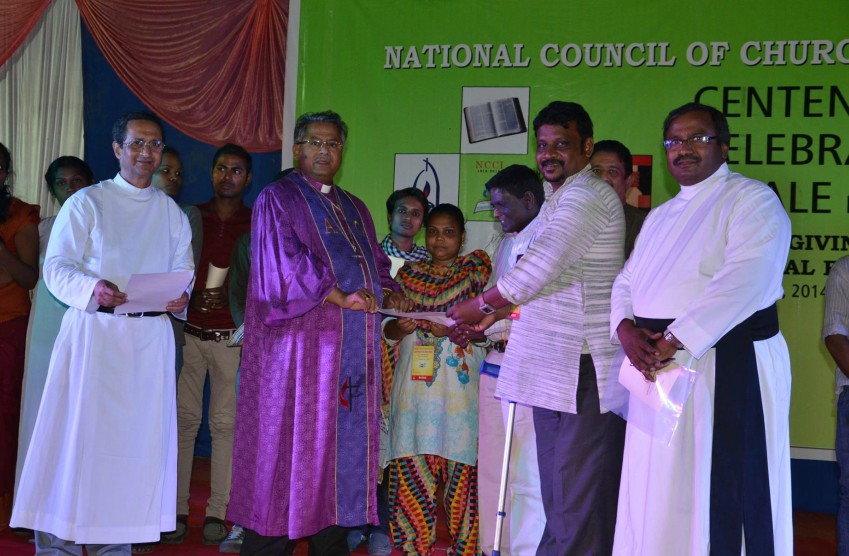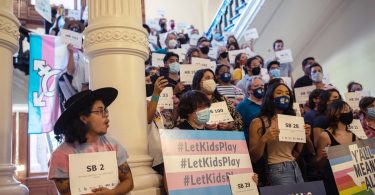The National Council of Churches of India has called for Section 377 of the Indian Penal Code to be scrapped. | Photo: Facebook via NCCI
Ahead of the India’s Supreme Court historic decision on whether to end the gay sex ban, a group of religious leaders has called for it be scrapped.
The Supreme Court is currently hearing arguments about Section 377 of the Indian Penal Code. Section 377 bans ‘carnal intercourse against the order of nature’ and generally is used against gay people.
The Court’s decision is due in a matter of days with major groups including the government, saying they would not stand in the way of a decision to overturn the law.
But LGBTI groups have just had another win. The National Consultation on Interfaith Engagement and the National Council of Churches in India (NCCI) have come together to release a statement on the issue.
‘(We) declare the following statement as an affirmation of our conviction — that human beings with diverse genders, sexes and sexuality minorities are God’s creation and are a part of natural order,’ the statement read.
‘This affirmation is done in the context of LGBTQHI+ phobia that attempts to criminalize gender, sexual and sexuality minorities in India.’
The statement argued that love is the basis of all religions, but ‘dominant interpretations that have been used to perpetuate oppressive systems against these minorities’.
‘As a result, gender, sexual and sexuality minorities are often rejected and alienated by many religious leaders and faith communities,’ it said.
Faith groups want to help the LGBTI community
The statement said not all faith communities discriminate against LGBTI people and actually want to support their rights.
‘We see faith leaders and faith communities as allies and not as adversaries. We therefore recognise the need to understand and celebrate gender, sexual and sexuality identities within their respective faith perspectives,’ the statement read.
Their statement concluded: ‘It is to this endeavor and vision, we, the participants of this consultation, commit ourselves to demand for the reading down of Section 377 of the Indian Penal Code and also demand the scrapping of several state laws that are harmful to the gender, sexual and sexuality minorities.’
It is not the first time the NCCI has come out in support of scrapping Section 377.
In January this year it released an open letter saying ‘homosexuality and homo-eroticism have been practiced in India from time immemorial’.
‘Homosexual activity was never condemned or criminalized in ancient India,’ the letter read.







